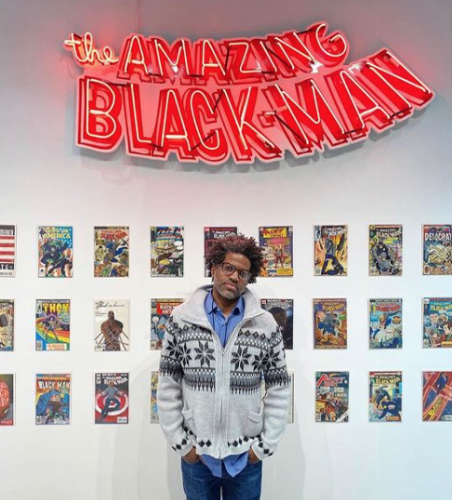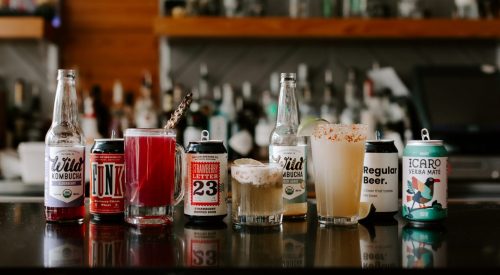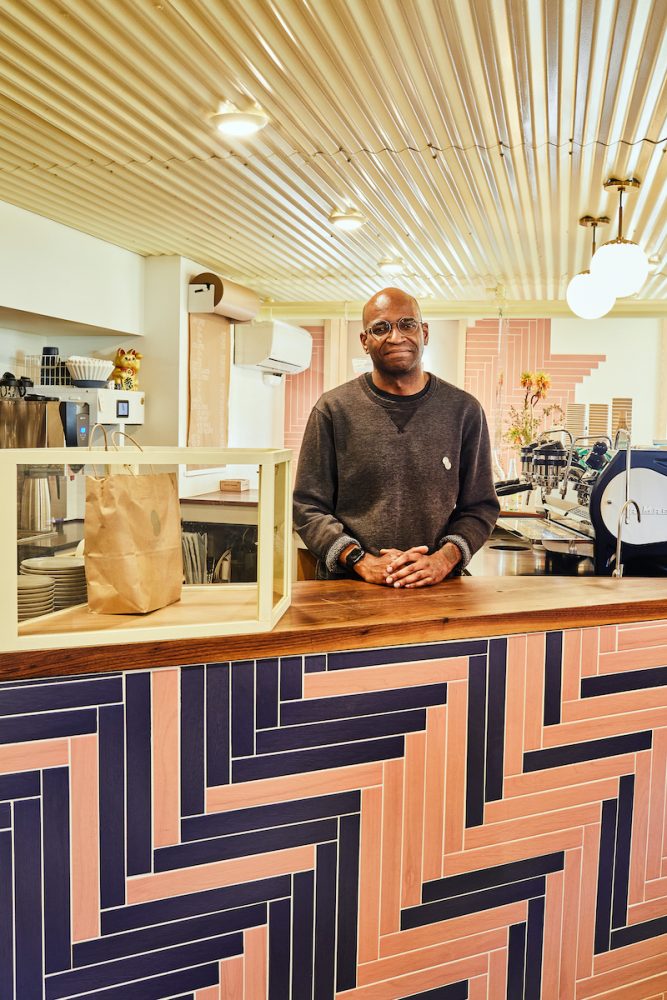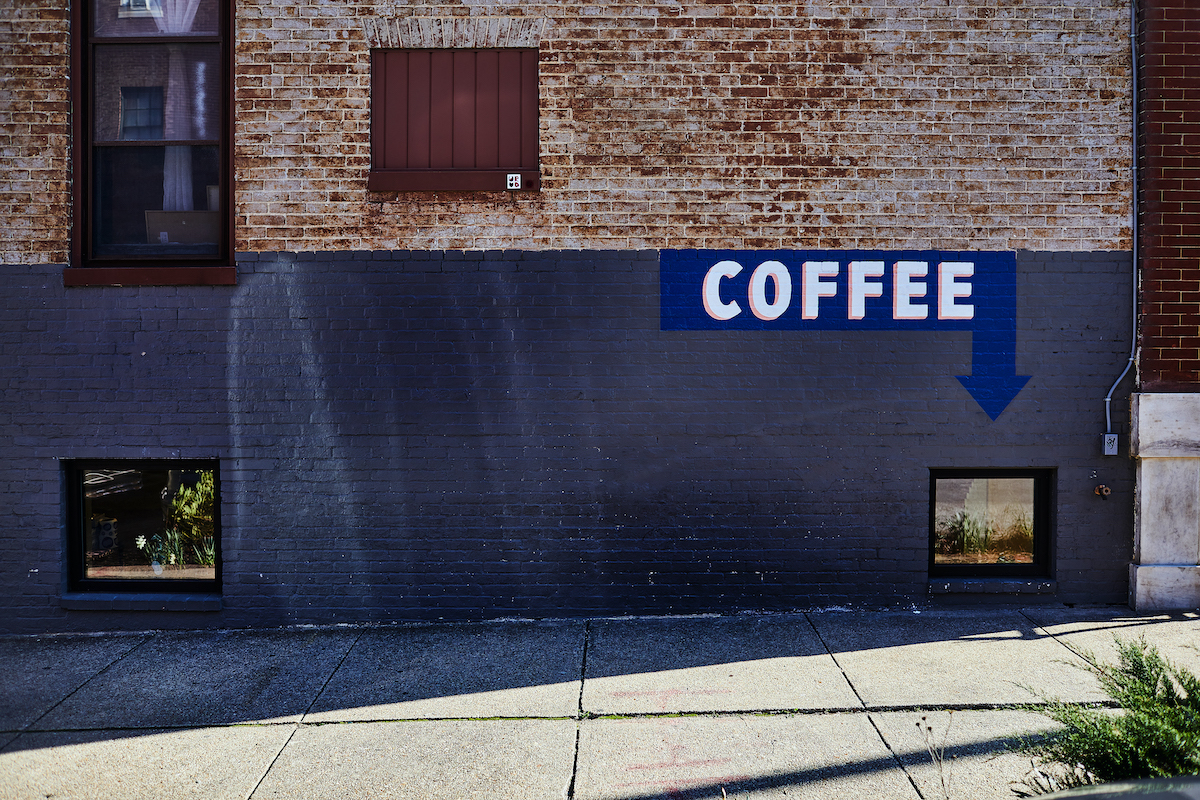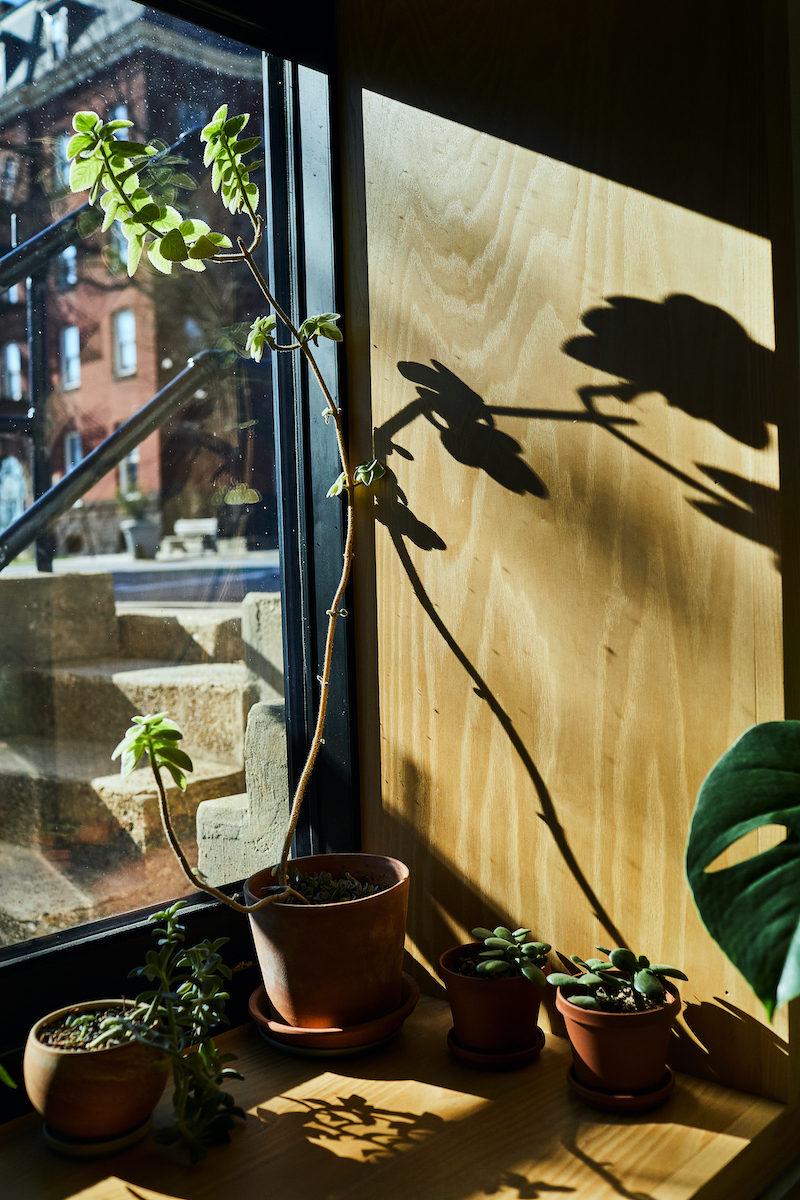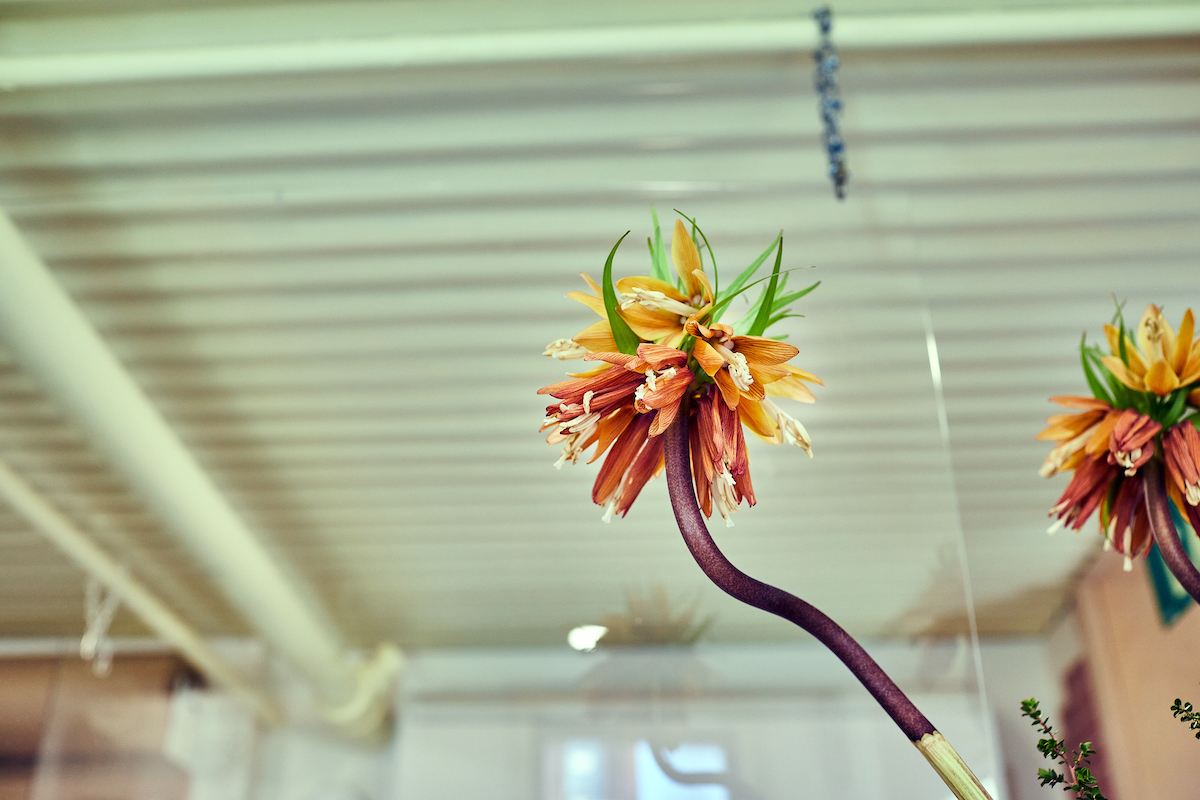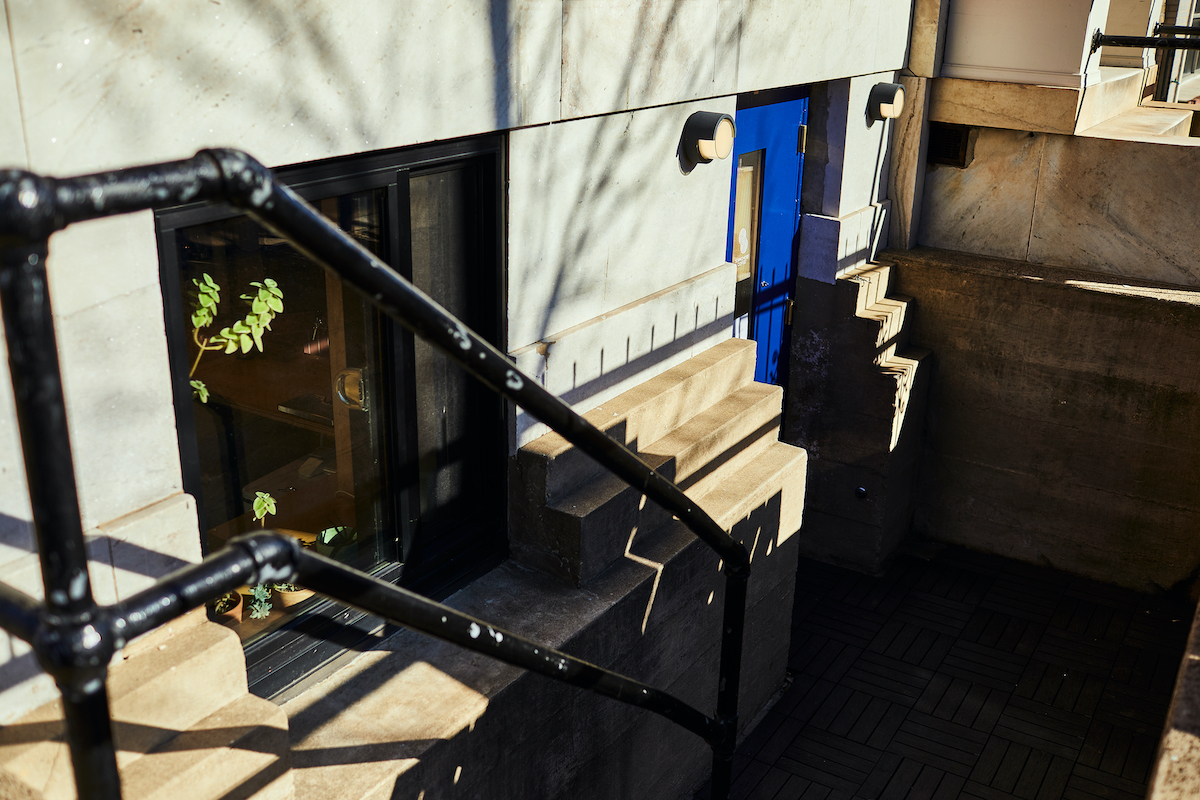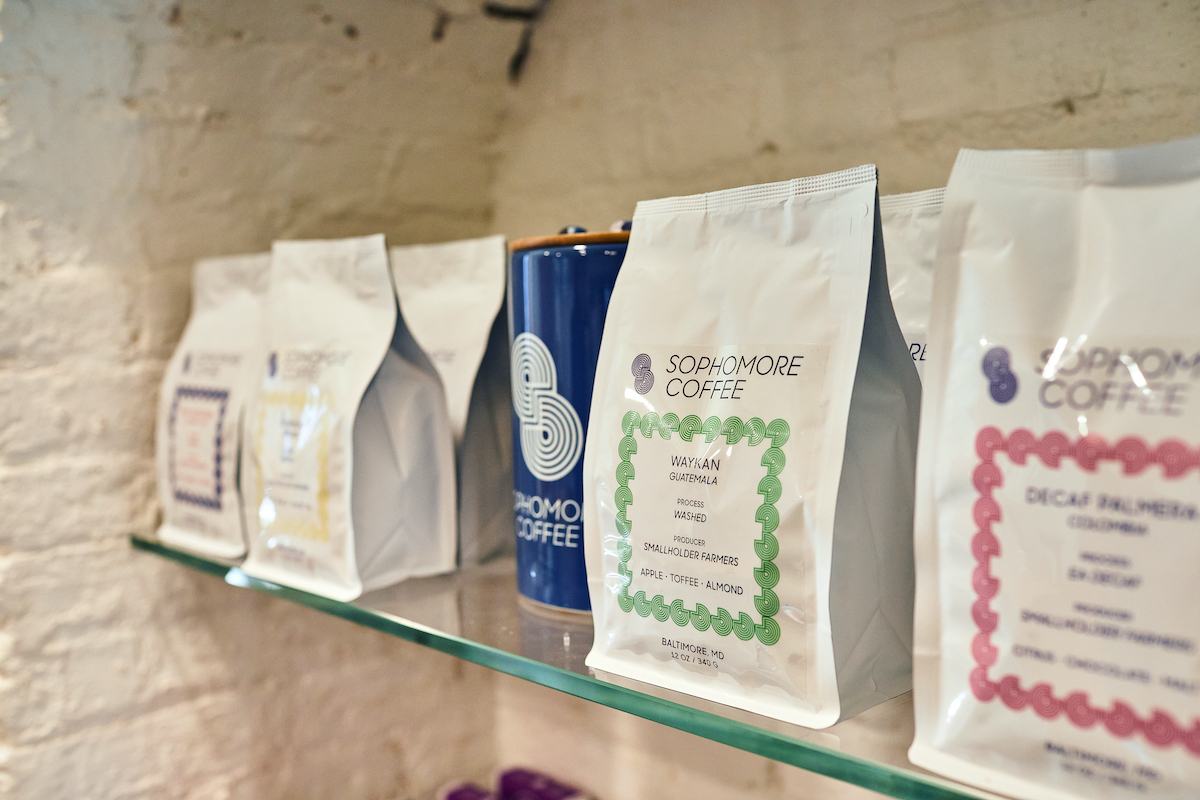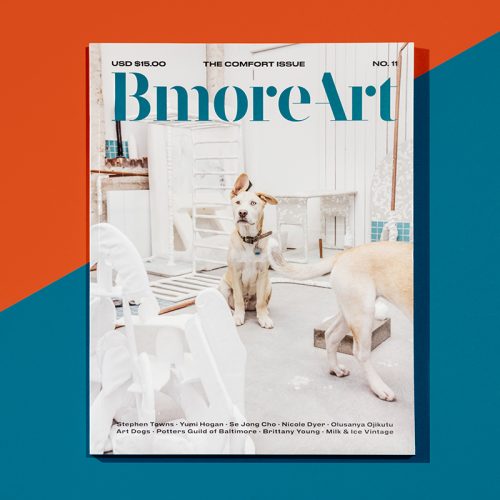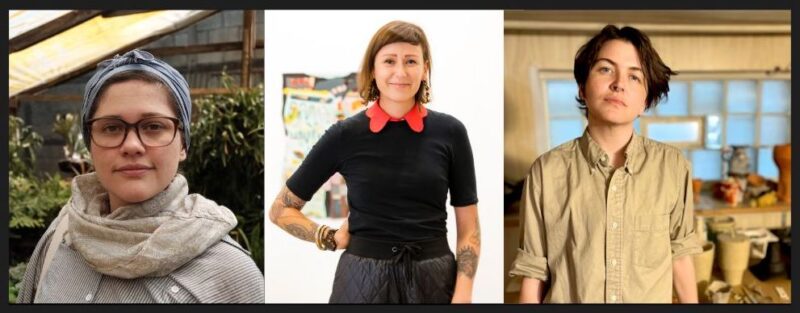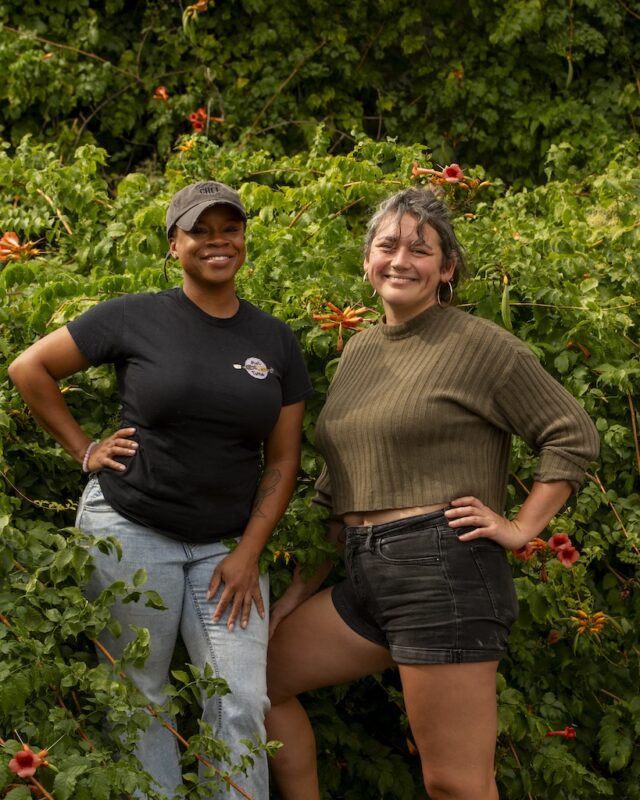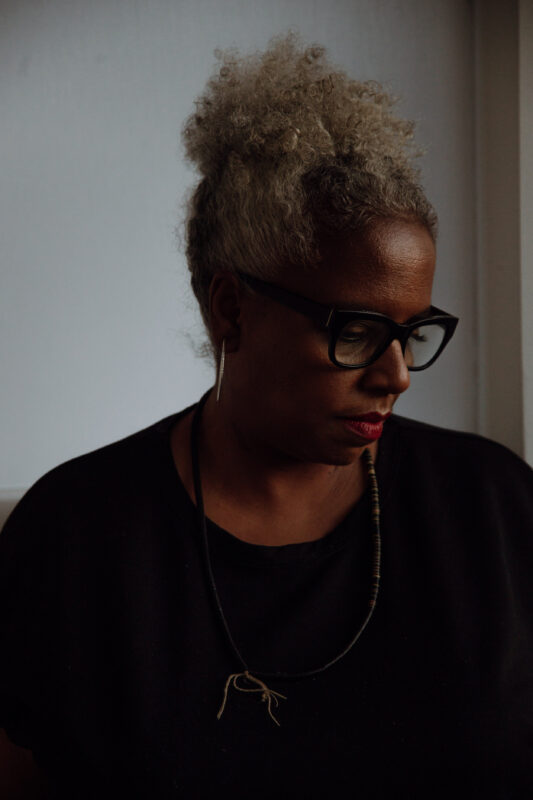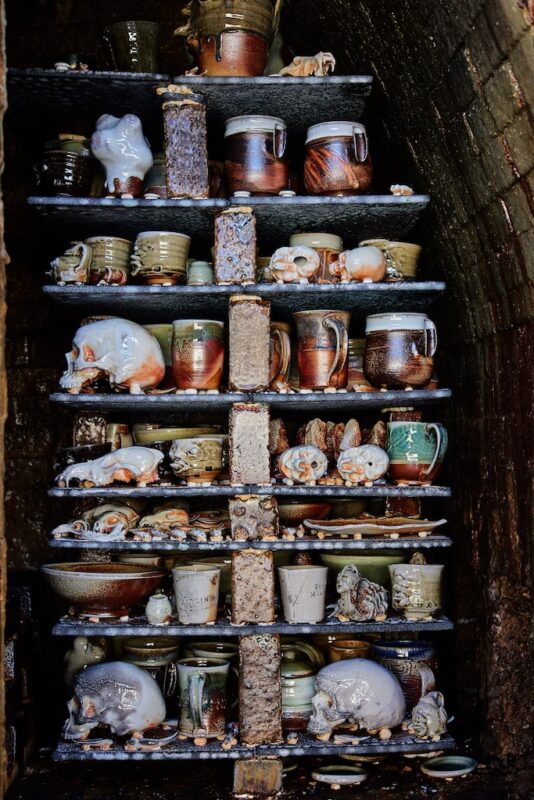Kris Fulton knows your coffee order. Three minutes into our March interview, while he’s outlining for me how he learned to emulate the vibe of Cheers at his Old Goucher coffee shop, Sophomore Coffee, Fulton casually drops into the conversation that my order is obviously a small mocha. He says when he sees me (or any of his regulars) coming, he starts to make it for me before I’ve even made it to the counter. What’s especially notable about this is that I haven’t been able to be a regular at Sophomore (or anywhere besides my couch) for more than a year.
Nonetheless, Fulton still remembers my default drink. Knowing this, it has the intended effect: Like the narrator in Proust’s Remembrance of Things Past, I’m suddenly transported to the last time I took that first sip of a mocha, standing maskless in his cafe back in February 2020. I remember it was unseasonably warm, so I was sweating in my black sweater, and that I was already five minutes late for a meeting. I was the only person in the shop at that moment, and even though I was late, I wanted to continue standing there talking to Fulton about how many different kinds of milk he keeps on hand.
Hospitality is meant to embody the warmth and familiarity of a good friendship, to make us feel comfortable and known. That describes Fulton to the letter: His natural warmth is built into the cafe he started with business partner Ann Travers Fortune. Fulton wants Sophomore to be a place for people to have experiences—some of them hopefully a little more profound than my remembrance of being sweaty and late—a place where friends can gather and conversations can be sparked. He sees the cafe as an important third space between work and home where people are free to enjoy themselves and the company of friends and strangers alike.
Alongside neighbors Fadensonnen and Larder, Sophomore has achieved national press and accolades, which is additionally impressive for a small basement space you could easily walk by if you didn’t know to look out for the blue sign. A born and bred Marylander who attended UMBC to study photography, Fulton’s first coffee job was at City Dock Cafe in Annapolis back when he was still in college. He explains he wanted to work somewhere “more relaxing than Starbucks,” which he had heard was fast-paced, but what he got instead was his first lesson in the Cheers philosophy of learning customers’ names and drinks and making them feel at home. Since then, his coffee résumé has grown to be as impressive as it is lengthy, with stops all over the world while working for esteemed Los Angeles-based coffee company Lamill. He eventually resettled in Baltimore in 2016 to work at a few restaurant spots around town before opening Sophomore with Travers Fortune in 2019.
Unlike others in the artisanal coffee industry, Fulton gives Starbucks a lot of credit, first for establishing the American coffee demand that makes small cafes like his viable businesses and also for their innovation in drink design which made consumers want more than just drip coffee. He also points to Starbucks’ massive franchising in the early aughts and their retraction in 2008 with the recession as having created “a lot of space for other concepts to open up, to provide a much more elevated experience than the quick in and out.” As a high schooler, Fulton’s go-to Starbucks order was a caramel macchiato, but he has since weaned himself off “the syrups,” as he refers to them, moving first to lattes and now consistently drinking espresso and the occasional cappuccino when he’s feeling decadent. Still, about the caramel macchiato, Fulton has only fond memories, looking slightly away from the webcam as he sips from his mug, filled likely with espresso, saying, “They’re good. Really good. Yeah. They figured it out.”
SUBJECT: Kris Fulton, 35
WEARING: J. Crew cotton fleece sweatshirt, custom brass Sophomore pin by Erica Bello, J. Crew jeans, Blundstone Chelsea boots
PLACE: Zoom
